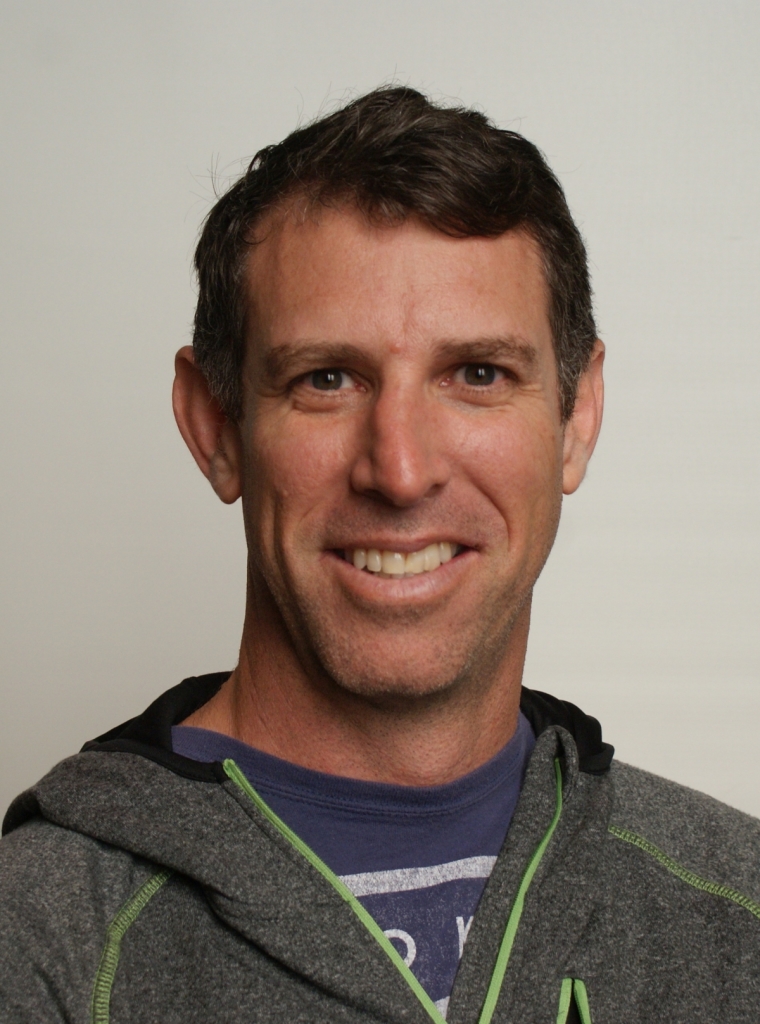

My first donation arrived for Movember this week. I simply said "Thanks."
The reply encouraged me:
It was my pleasure Russell.
My husband Brett had prostate cancer this year and is still going through what's left of recovering and my dad died three years ago of prostrate cancer. I know personally the effects of it and am so encouraged by your diligence each year in raising funds for this much needed area.
More men suffer with prostate cancer than women with breast cancer and yet it is not nearly advertised as much.
Thank you so much!
The state of men's health is in crisis. Men experience worse longer-term health than women and die on average six years earlier. Prostate cancer rates will double in the next 15 years. It is the second most common cancer in men, and rates are on the rise. By 2030 there will be 1.7 million men living with prostate cancer. Testicular cancer rates have already doubled in the last 50. Three quarters of suicides are men. Poor mental health leads to half a million men taking their own life every year. That's one every minute.
This is why I mo
During November each year, Movember is responsible for the sprouting of moustaches on thousands of men's faces (supported by their Mo Sistas (female supporters)) in Australia and around the world. There is a serious side to the Mo growing. The money raised goes to support and raise vital funds and awareness for men's health. In 2015, Mo Bros and Mo Sistas from across Australia helped raise $20.3 Million for the Movember Foundation. The Movember community championed men's health in 21 countries across the world. Through the growth of more than half a million moustaches, $85.2 million was raised.
The focus for funding, as it was in previous years, is for prostate and testicular cancer research along with mental health awareness campaigns. They are committed to raising awareness on the dangers of physical inactivity and investing in initiatives that encourage physical activity. Physical inactivity is a big deal. It's the fourth leading risk factor for global mortality, causing 3.2 million deaths globally per year.
I am overwhelmed each year by the donations and the jibes I get from my fellow staff and the students I teach. The question I am often asked is, "Why?" Men need to take control of their health. They need to have conversations about their well-being. It is about educating and empowering men when it comes to their health. The casual discussion about moustache growth can easily and effectively turn into a conversation about men's health.
Each Movember I literally become a walking and talking billboard for men's health. It creates authentic conversations and the literature Movember post on their website, communicates the health messages in a way that is meaningful to men, their family and their peers. On a personal level, it gets me to "take a good, hard look at myself" and I become more engaged with my own health. I think about the areas of my physical, social and emotional health that need preventative action. According to Movember research, Movember participants spend more time thinking about improving their health, visiting a doctor or discussing their health with others as a result of the Movember campaign each year.
Movember provides a simple strategy for men. They are strategies we ALL can do to take control of our health. Why not get that special man or special men your life to do the same?
1. Check in regularly with friends and family
It's all too easy to prioritise other aspects of your life but make sure you put effort into staying connected with friends – for your own benefit but also theirs too.
2. Move
The best thing you can do for your health is to stay active. How you move is up to you. Whether it's a work out one day, a quick jog at lunchtime the next, an hour at the ping-pong table, or an epic bike ride, no move is too big or small.
3. Talk about the big stuff in life
The break up of a relationship, loss of a job, financial trouble or becoming a father are big moments in a man's life that happen to many men. It's important to recognise the impact of these and know it's ok to talk about how you're coping with the change.
4. Knowledge is power
Family history is one of the most powerful tools to understanding your health. Family history affects your level of risk for cancer, diabetes, heart disease and stroke, among other illnesses. It all starts with a conversation; talk to your family and take note of illnesses that a direct relative has experienced. Be sure to learn about relatives that are deceased as well.
5. If you notice something, do something
You know your body better than anyone. If you notice something isn't feeling right, don't put it off and hope that it goes away, go to the doctor and get it checked out. Early detection is the most important factor in treating the big issues.
I am not expecting to raise thousands of dollars. My first donation this year came from a colleague who is walking through the recovery with her husband. But I appreciate the chance to raise the issues, encourage the conversations and weather the storm of ridicule and giggles. I appreciate the chance to talk to the men I work with about their health.
To discuss with other men on staff and with students in my school about the joys and struggles of marriage and raising kids allows me to realise I am not alone. This great cause brings to the forefront of my mind, for one month every year, the fact I am not bulletproof.
Movember fights the good fight. It is changing the face of MY health. It is having an impact.

Why not encourage the men in your life to head to the doctor and let this year be the start of their annual check up?
If you notice something, do something!
Russell Modlin teaches English and Physical Education at a Christian School on the Sunshine Coast. He is married to Belinda and they have three children.
Russell Modlin's archive of previous article can be found at www.pressserviceinternational.org/russell-modlin.html